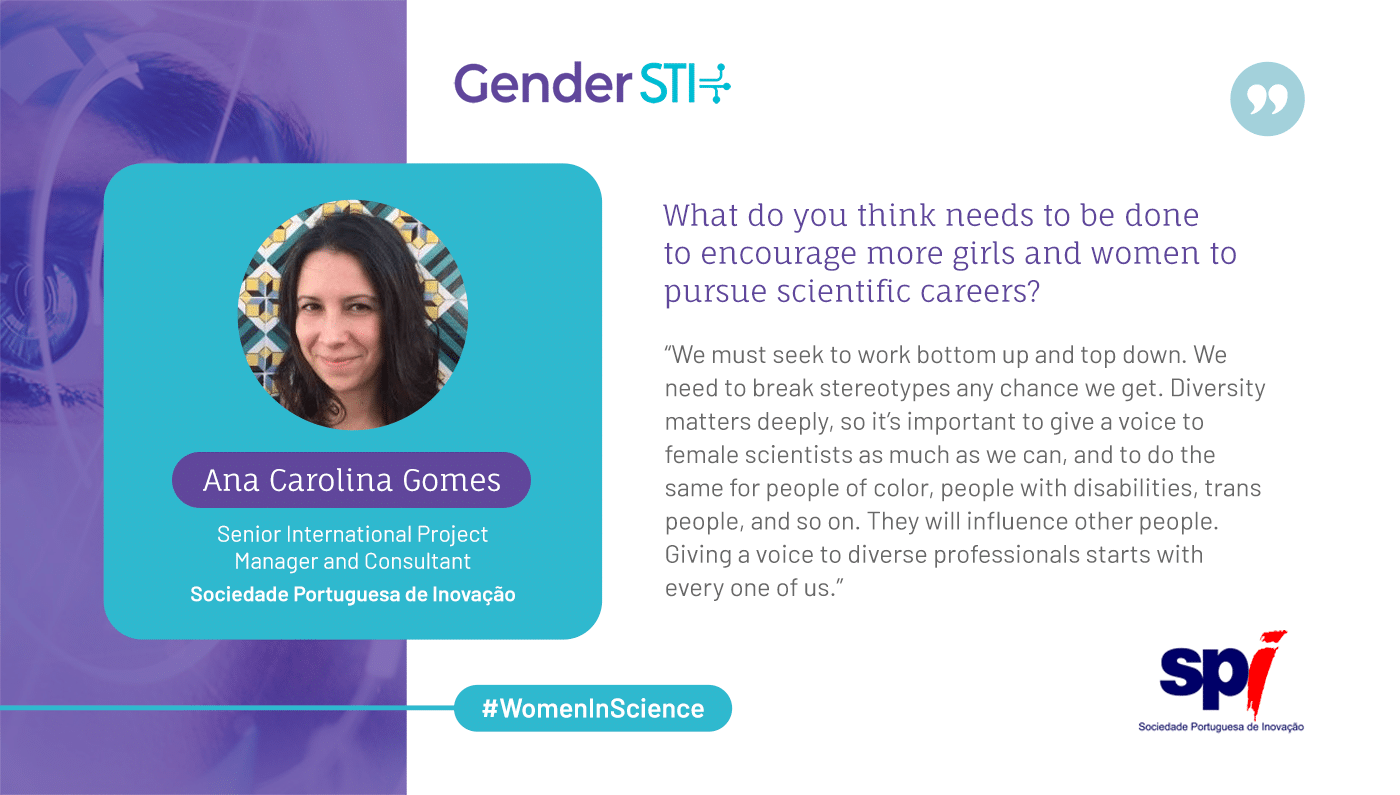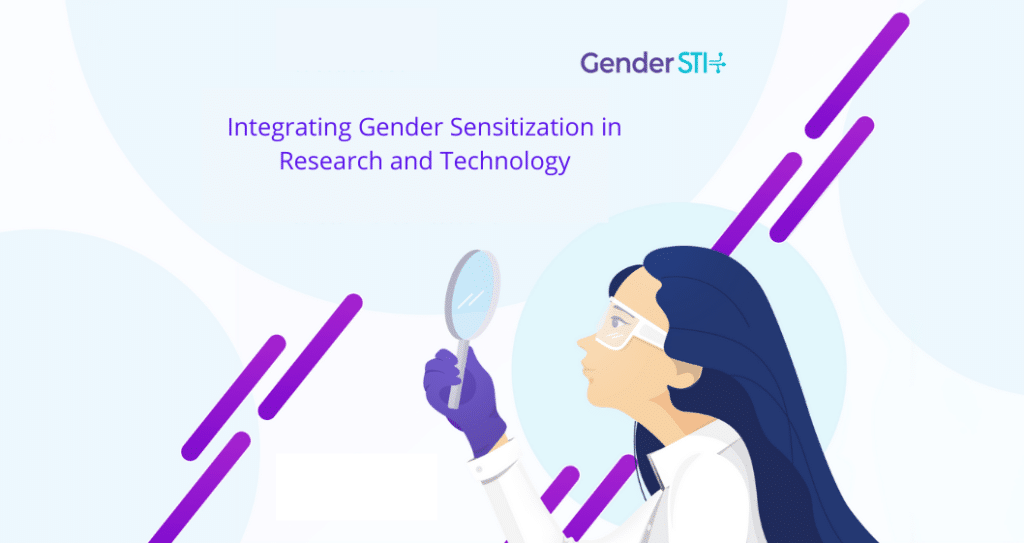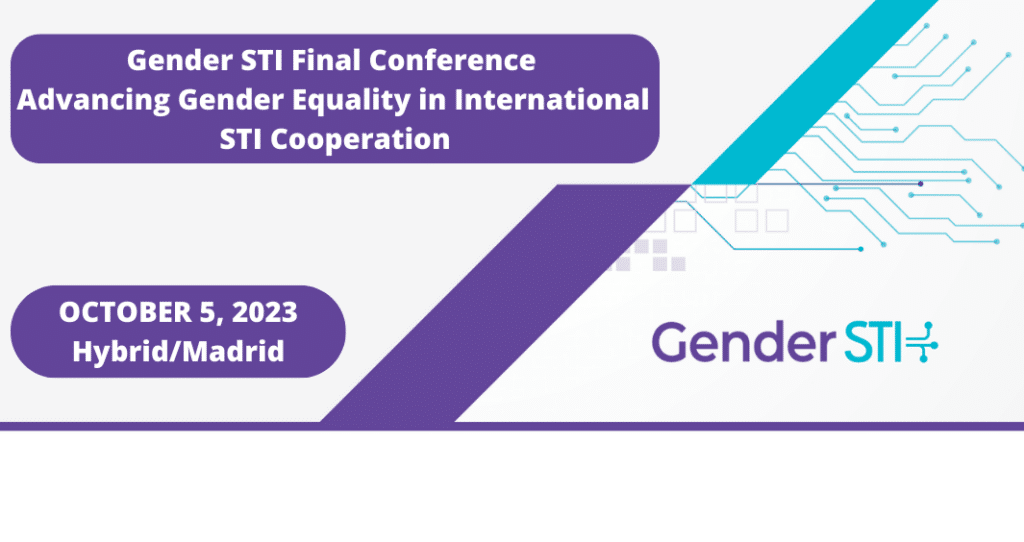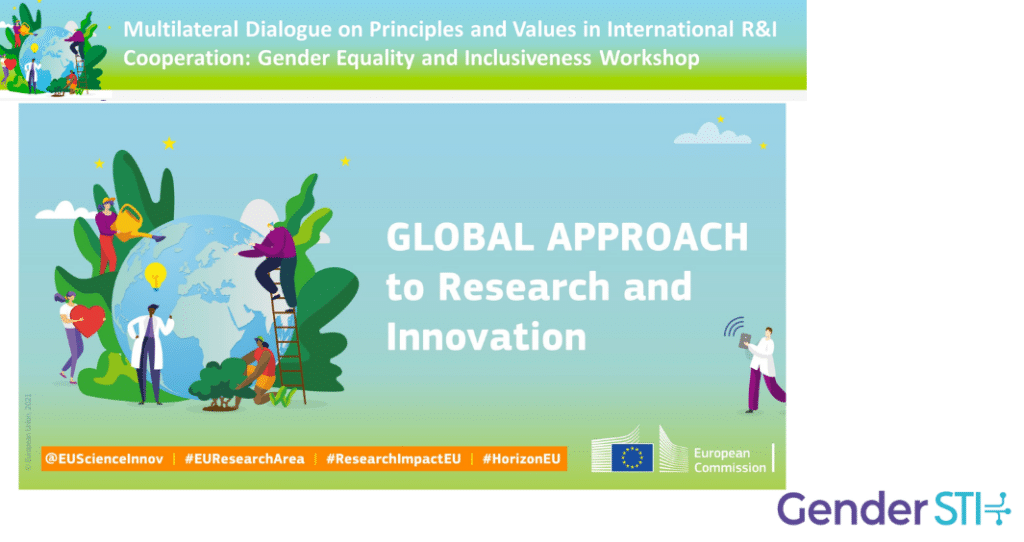This week, the world celebrated the International Day of Women and Girls in Science on Feb. 11, which aims to promote full and equal access to and participation in science for women and girls. As part of this effort, Gender STI has launched its own #WomenInScience campaign. We talked to researchers and experts, both men and women, about why they got involved in science, what they think about current statistics on women researchers and what they think needs to be done to encourage more women and girls to pursue scientific careers.
While there is still a long way to go before we achieve gender equality in science, it’s important to remember that change starts with every one of us. Ana Carolina Gomes, a Senior International Project Manager and Consultant at the Sociedade Portuguesa de Inovação, affirms that we have the opportunity to give a voice to diverse individuals in science.
What is your job position and why did you decide to work in science, technology and innovation? What does your job entail?
I am a Senior International Project Manager and Consultant. I decided to work in STI as a way of promoting efficient international cooperation. I believe international cooperation and science diplomacy are absolutely key to pushing humankind forward and overcoming our greatest common challenges.
My job involves liaising with multiple levels of stakeholders in order to enable collaboration. I believe the approximation amongst government, academia, civil society and the private sector is crucial, as we need to bring together institutions and the people behind them, so we can work together and remember that we all share the most important goal, which is to make humankind thrive. I believe science, technology and innovation play a huge role in achieving this goal.
According to the United Nations, currently less than 30% of researchers worldwide are women. What do you think about that?
I believe we still have a long way to goal before reaching gender equality in any field, and that includes STI. When we consider intersectionality (and we must always consider it), the picture gets even worse. However, we have to keep moving forward, for we are better than we were a few decades ago. The work needs to be done as early as possible, stimulating our young females and breaking the stereotype that research and academia are a white men’s club.
What would you tell young girls and women who are interested in pursuing a career in science?
I would say: “You will face many adversities here, but always remember that you stand on the shoulders of brilliant women who cleared the path for you, so you have a chance of doing the same for the ones who come after you. Don’t miss such an opportunity. Have fun, find your voice and be creative. Do no harm, but stand your ground fiercely.”
What do you think needs to be done to encourage more girls and women to pursue scientific careers?
We must seek to work bottom up and top down. We need to break stereotypes any chance we get. Diversity matters deeply, so it’s important to give a voice to female scientists as much as we can, and to do the same for people of color, people with disabilities, trans people, and so on. They will influence other people. Giving a voice to diverse professionals starts with every one of us. We must stimulate our girls from a young age, let them experiment and discover that science can be fun. We must question the lack of diversity in any group, meeting, institution or panel where we are present – and the help of men in positions of power is also very important here. Whenever we enter a physical or virtual room, we need to ask ourselves these questions: How many females are here? How many people of color? What is the level of diversity here? What can I do, from where I stand, to improve that? And then we need to poke the decision makers, always.
What message would you send to the public on the International Day of Women and Girls in Science?
Science is for everyone, at any age. Let girls be as curious as they want to be. Today’s explorers are tomorrow’s trailblazers and leaders.



